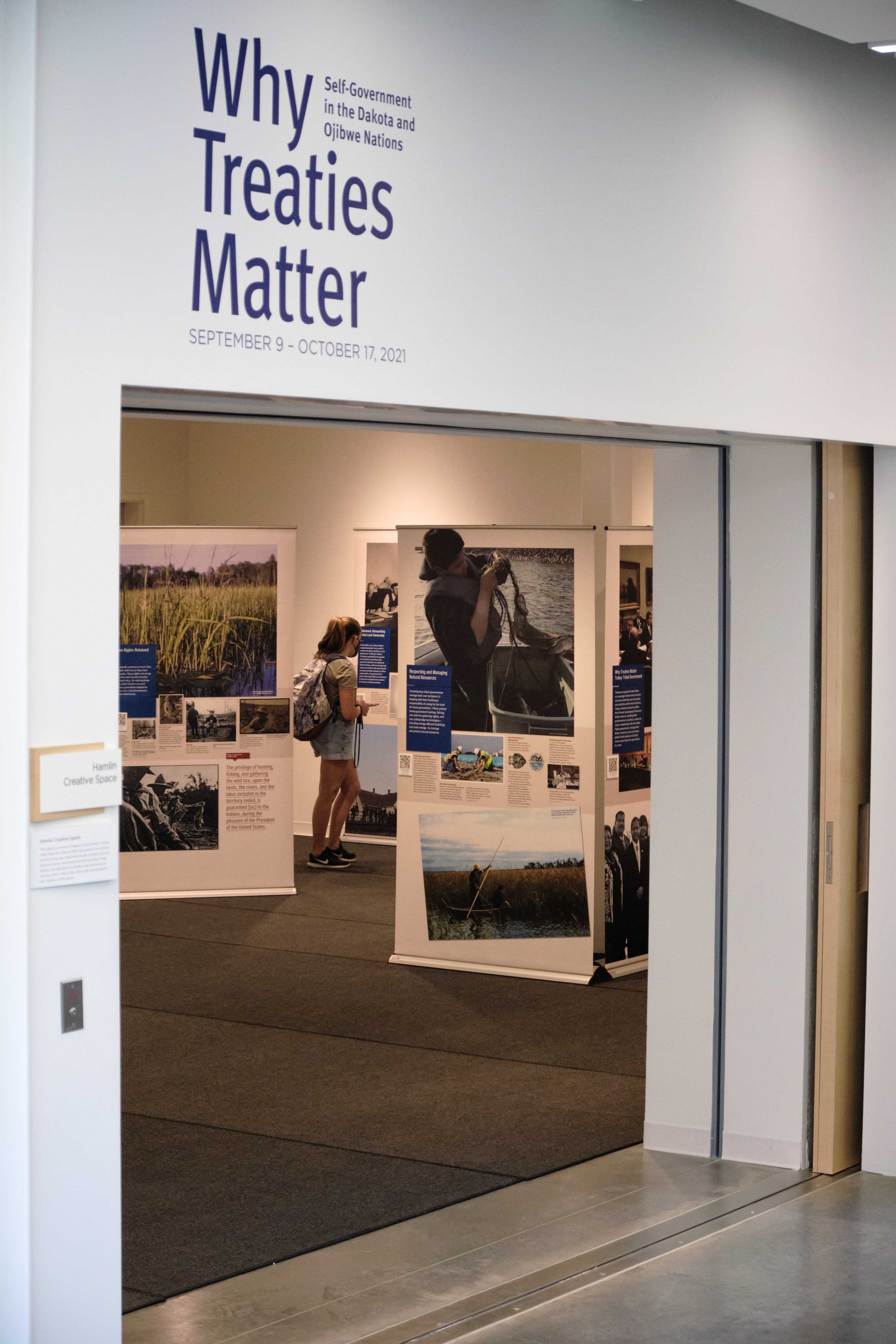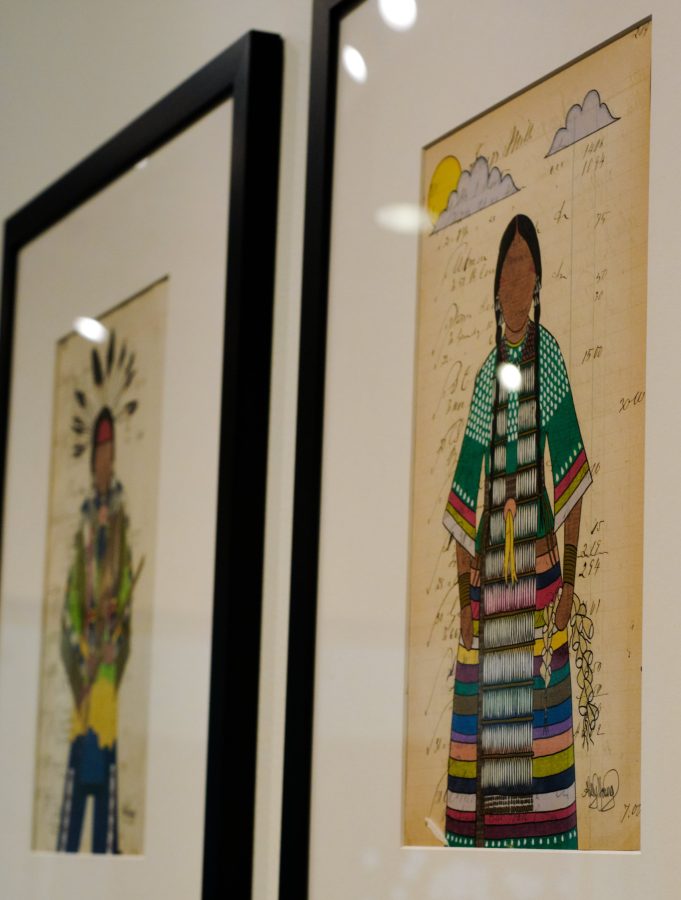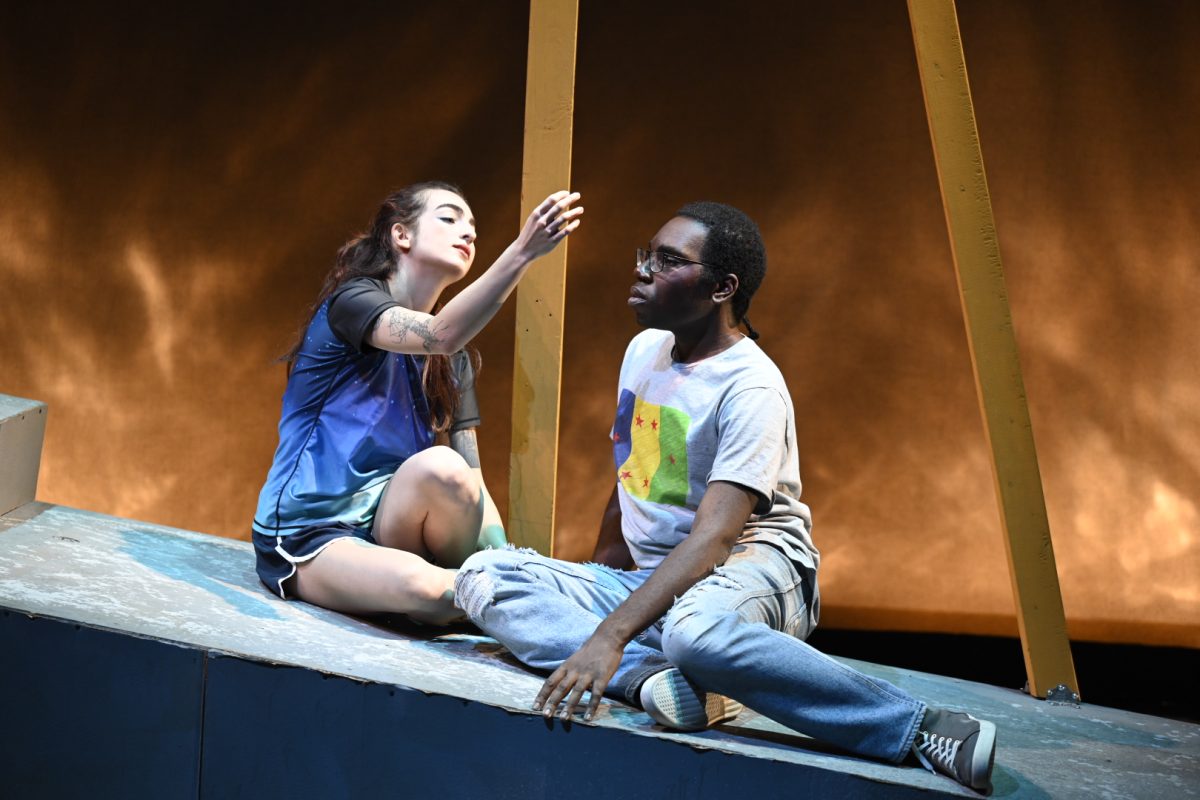Bringing the “Why Treaties Matter” exhibit to Carleton is an effort to further recognise the land that Carleton stands on today. A collaborative effort between The Humanities Center, CCCE, the Perlman Teaching Museum and the greater Carleton community brought the travelling exhibit to Carleton’s Perlman Teaching Museum from September 9 to October 21.
With a permanent exhibit at the state capital in St. Paul, the “Why Treaties Matter” exhibit also travels, and, as a culminating event of the Mellon Fund Initiative, was brought to Carleton this fall. The exhibit “explores relationships between Dakota and Ojibwe Indian Nations and the U.S. government in this place we now call Minnesota.” The exhibit details how treaties affected the lives of the indigenous people who inhabited, and continue to inhabit, the land that is Minnesota today. Another important aspect the exhibit highlights is why those treaties still matter today. Susannah Ottaway, history professor and Public Works Coordinator, touched on the importance of Carleton hosting such an exhibition in her opening remarks before Professor Gwen Westerman’s lecture. “Carleton’s hosting of the traveling exhibit is part of our larger commitment to honest storytelling about the history of our institution and our region.
The exhibit was originally scheduled for last fall but was postponed due to the pandemic. Studio Art professor Kelly Connole has viewed this as a positive, since the exhibition has been able to become “more of a campus-wide event,” a result of the extra year of planning time. In addition to the exhibit, ties were able to be made to Anton Truer’s convocation talk earlier this term, and Carleton had the opportunity to host the Prairie Island Indian Community this past Monday on Indigenous Peoples’ Day. President Buck of the Prairie Island Indian Community and President Byerly also shared a lunch and small ceremony on Monday, which Connole noted as “a significant step in moving beyond a land acknowledgement and into a new conversation with our Dakota neighbors.”
There are thousands of reasons why it is important for members of the Carleton community, Northfield and Minnesota to be proactive and understand the historical and current relationships with the Dakota and Ojibwe nations and present day Minnesota. Religion professor Michael McNally, who helped plan programming around the exhibit and draft panels that extend the exhibit to the Carleton situation in Northfield and Rice County, commented on the importance of the exhibit: “Honest storytelling about how Dakota people received basically nothing in the end for lands their leaders ceded in the 1851 treaties, because the U.S. forcibly exiled them in 1863 and Congress formally abrogated all treaties with Minnesota’s Dakota in 1863 redirecting the payment owed them in the treaty to white settlers.”
Connole also emphasized the importance of having “Why Treaties Matter” come to Carleton, “it is easy to be at Carleton and only think of the history in reference to the college and the settlers who came in the last 160 years. People lived on this land for thousands of years before European contact, and that history is important. The people, the land, the animals, the plants—are all important to understanding this place.”
The exhibit is open until October 17, and it is encouraged that Carleton students take advantage of this opportunity to learn.














